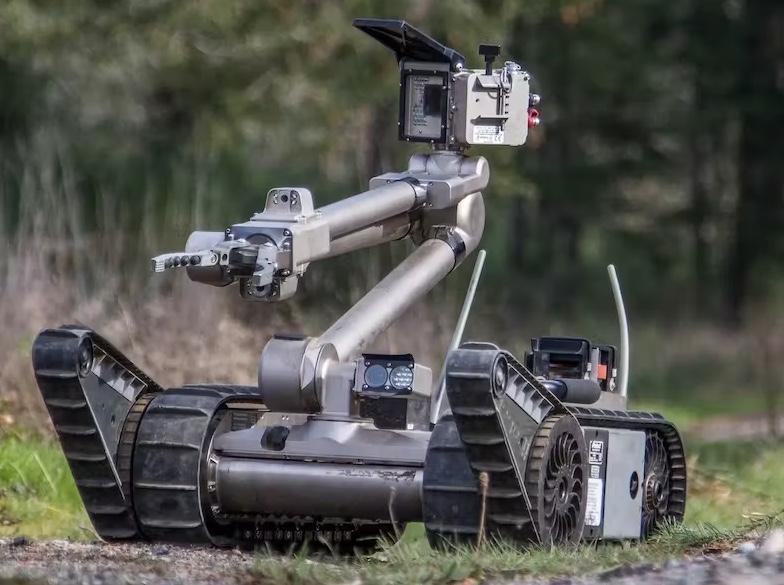In a bid to empower artificial intelligence (AI) systems with adaptability to unforeseen circumstances, U.S. military researchers have turned to Peraton Labs Inc., based in Basking Ridge, N.J., for a groundbreaking solution.
The U.S. Defense Advanced Research Projects Agency (DARPA) recently announced a substantial $9.3 million contract awarded to Peraton Labs for the Learning Introspective Control (LINC) project. This initiative aims to pioneer AI and machine learning technologies that enable military systems—ranging from manned and unmanned ground vehicles to ships, drone swarms, and robots—to effectively respond to events and conditions unanticipated during their design phase.
Peraton Labs clinched the DARPA LINC contract on November 3rd, 2022. The contract announcement surfaced in a post-award synopsis by the U.S. Naval Information Warfare Center-Atlantic in Charleston, S.C. LINC represents a paradigm shift from conventional control systems that operate based on predefined environmental models. Instead, it endeavors to develop AI and introspection technologies capable of discerning unforeseen scenarios—such as damage or modifications to military platforms—and dynamically updating control laws to ensure stability and control.
This pioneering approach involves continuous comparison of a platform’s behavior, as detected by onboard sensors, against a learned model of the system. LINC-equipped platforms will autonomously assess potential dangers or instabilities arising from the system’s behavior and implement updated control laws as necessary.
The significance of LINC lies in its ability to relieve the burden placed on operators—be they human or autonomous controllers—when faced with unexpected changes. Rather than relying solely on operators for recovery and control in scenarios like platform damage during combat or field modifications, LINC-enabled control systems actively observe, learn, and adapt their responses to sustain uninterrupted operation.
Crucially, LINC’s scope encompasses learning control via onboard sensors and actuators, facilitating cross-sensor data inference to characterize system changes swiftly and recalibrate control under altered dynamics. Additionally, it focuses on communicating situational awareness and guidance to operators through technologies that provide concise, actionable information about the new control environment and its safety constraints.
The initiative spans a four-year, three-phase program, commencing with initial work on an iRobot PackBot integrated with a remote 24-core processor. This ground robot, weighing 20 pounds and operating in temperatures ranging from -20 to 50 degrees Celsius, partners with a remote processor equipped with advanced computing capabilities crucial to the project’s objectives.
Integral to the LINC project is the establishment of an open-standards-based architecture facilitating interoperability and integration of software and hardware components. The architecture aims to enable seamless addition, removal, substitution, and modification of components to ensure flexibility and adaptability.
DARPA’s LINC project heralds a new era in AI-driven adaptability, promising to transform how military systems respond to unforeseen challenges, ultimately enhancing their effectiveness and resilience in dynamic operational environments.
For more information contact Peraton Labs online at www.peratonlabs.com; DARPA at www.darpa.mil; or the Naval Information Warfare Center-Atlantic at www.niwcatlantic.navy.mil.




